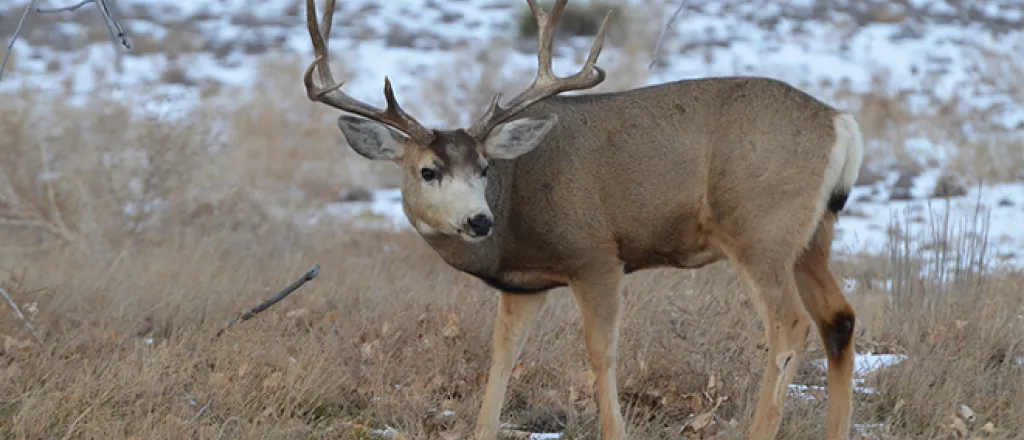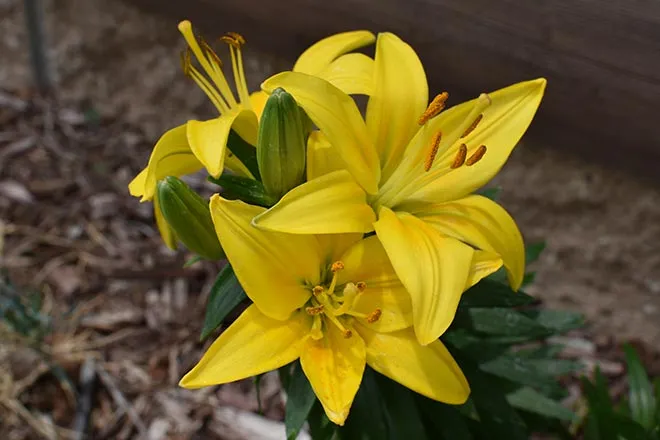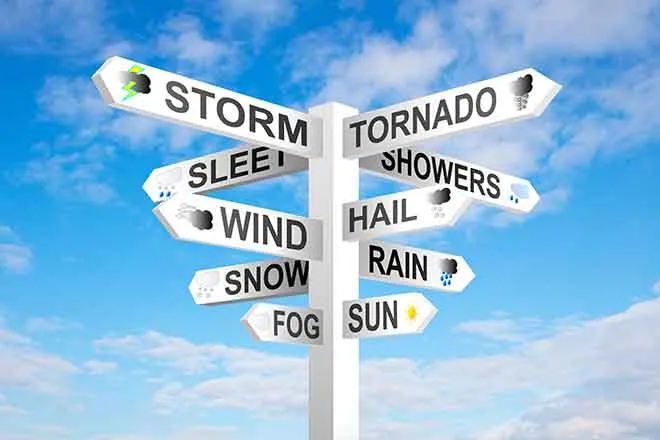
Nebraska sees uptick in blue tongue disease in deer, elk
David Beasley | The Center Square contributor
(The Center Square) – Nebraska wildlife experts are seeing an uptick in blue tongue disease, a potentially deadly virus that can kill deer, elk and bighorn sheep.
The virus, epizootic hemorrhagic disease, appears every year usually in late summer or early fall but indications are it will be worse than normal this year. It is transmitted by a biting midge or gnat.
“Drought years in particular seem to be harsh with this virus,” Todd Nordeen, a big game disease and research program manager with the Game and Parks Commission, told The Center Square. “That's probably because ungulates – deer species and such – have similar water sources. It seems to cause a great avenue of transmission to more game and therefore it seems to be worse in the dryer years.
The state tracks cases of epizootic hemorrhagic disease through reports by hunters and landowners, Nordeen said. If biologists can get to a sick animal or one who has recently died, they try to obtain blood samples to test for confirmation, he said.
There is no cure for the virus, though some animals recover. The virus is not transmissible to humans, but the state recommends not eating the meat of an animal that has potentially been infected.
The virus can reduce the herd size and make it harder to hunt, Nordeen said.
“In 2012, we had significant losses in white-tailed deer in particular,” Nordeen said. “In some parts of the state, we lost upwards of 50% of the population. It was pretty devastating.”
It’s too early to tell whether this year will be as bad at 2012, Nordeen said.
“We have received a lot of calls, a lot of reports,” he said. “It probably started out pretty fast and strong. We’ve got some reports pending and we are trying to determine the cause of death on those."
The virus lingers until there is a hard freeze, Nordene said.
“If we don’t get a freeze for a while that will certainly add to the longevity of the disease being out there,” he said.
The state is asking hunters to call if they spot a sick animal.

















